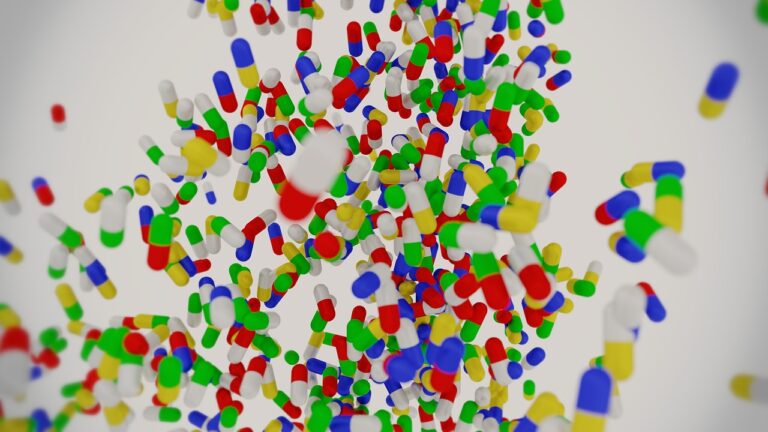The Role of Exercise in Supporting Liver Function
Physical activity plays a crucial role in maintaining liver health. Regular exercise helps in preventing fatty liver disease by reducing fat deposits in the liver and promoting better blood flow. Moreover, engaging in physical activity can also lower the risk of liver inflammation and improve overall liver function.
Along with a balanced diet, incorporating regular physical activity into your routine can help in managing conditions like non-alcoholic fatty liver disease and reducing the risk of developing more serious liver disorders. By staying active, you not only support your liver health but also boost your overall well-being.
How Exercise Can Help Improve Liver Function
Regular exercise has been shown to have a significant impact on improving liver function. Physical activity helps to reduce liver fat, inflammation, and oxidative stress, which are all key factors contributing to liver damage and disease. By engaging in regular exercise, individuals can enhance their liver health and lower the risk of developing conditions such as fatty liver disease, cirrhosis, and liver cancer.
Moreover, exercise plays a crucial role in improving insulin sensitivity, which is essential for proper liver function. Insulin resistance can lead to an accumulation of fat in the liver and increase the risk of developing non-alcoholic fatty liver disease (NAFLD). By incorporating physical activity into their routine, individuals can improve their body’s ability to use insulin effectively, thus reducing the strain on the liver and promoting overall liver health.
Why is regular physical activity important for liver health?
Regular physical activity helps improve blood flow to the liver, reduces inflammation, and can help prevent fatty liver disease.
How does exercise help improve liver function?
Exercise helps to reduce fat buildup in the liver, increase enzyme production, and improve overall liver function.
What types of exercise are beneficial for liver health?
Both aerobic exercise, such as running or cycling, and resistance training, such as weightlifting, have been shown to benefit liver health.
How often should I exercise to improve my liver function?
Aim for at least 150 minutes of moderate-intensity exercise per week, spread out over several days, to improve liver function.
Can exercise help reverse liver damage?
Yes, research has shown that regular exercise can help reverse liver damage caused by conditions such as fatty liver disease.
Are there any specific exercises that target the liver?
While there are no specific exercises that target the liver, any type of physical activity that gets your heart pumping and muscles working will benefit liver health.
Should I consult with a doctor before starting an exercise routine for liver health?
It’s always a good idea to consult with your doctor before starting a new exercise routine, especially if you have existing liver issues or other health concerns.





